In the past 10 years, Vietnam's seaweed has developed, with an area of 16,500 hectares in 2023, an output of 150,000 tons. Seaweed is grown mainly in the Northern coastal region, followed by the South Central region, North Central region... However, the cultivation, processing and consumption of seaweed products are still spontaneous and have not formed a chain link. The price of raw seaweed is still low and unstable. Coastal people are not interested in seaweed. Therefore, producing products according to the linked value chain is a sustainable direction, helping to improve efficiency and increase income for producers. This is also a premise to ensure that businesses and farmers participating in the value chain share benefits, responsibilities and invest effectively, creating a highly effective product value chain.
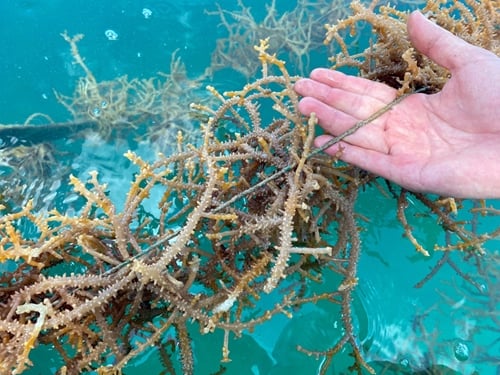
Building a chain to exploit economic efficiency from seaweed. Photo: Internet.
Speaking at the workshop with the theme " Closing the high-value seaweed chain ", which took place recently, Deputy Director of ICAFIS Center Dinh Xuan Lap said that currently, the Vietnamese seaweed industry has opened up a great opportunity such as: The global market reaches 16 - 20 billion USD, growing over 10%/year; the trend of using green food, green energy; increasing demand for bioenergy and reducing the use of fossil energy; reducing environmental pollution; joining the carbon credit market, helping businesses take advantage of preferential policies and opening up business opportunities in the green economy sector... However, besides the opportunities, there will be some challenges and difficulties, such as the quality of seaweed seeds is not good; the application of science and technology is still limited; deep processing is still lacking; environmental pollution and climate change are increasingly severe; compete with other economic sectors... To develop the seaweed industry in the coming time, it is necessary to implement solutions: closing the chain from seedlings - growing areas - production; promoting responsible business in the chain to share value, creating motivation for people to be willing to grow seaweed; applying high technology in seaweed processing. In addition, it is necessary to raise consumer awareness of seaweed; develop high-value products... Sharing about the benefits of seaweed, Chairman of the Vietnam Seafarming Association, Assoc. Prof. Dr. Nguyen Huu Dung said: Seaweed extract contains large amounts of marine minerals such as magnesium, calcium, copper, potassium, selenium, zinc, iodine and iron, low fat, as well as antioxidants, nutrients and fiber, vitamins A, B, C, E, and K, fatty acids and important amino acids necessary for the body, so it is very good in tissue regeneration, creating skin elasticity, used in acne creams, anti-aging creams, skin tightening, anti-aging, anti-inflammatory, soothing sensitive skin, irritation due to environmental influences.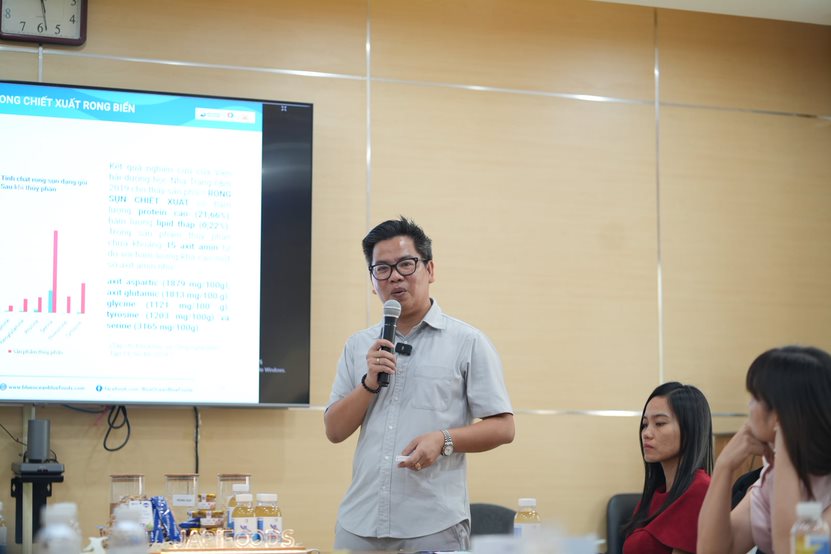
Deputy Director of ICAFIS Center Dinh Xuan Lap spoke at the Workshop. Photo: Internet.
To build a seaweed chain with high value-added output products, Dr. Nguyen Thi Sam, Director of Japi Foods Co., Ltd., said that it is necessary to build a linkage chain to increase the value of seaweed for many reasons such as: Ensuring product quality from origin to finished product; creating sustainable value for the seaweed industry; meeting the trend of green and safe consumption; creating jobs and improving livelihoods for fishermen; transferring technology and knowledge; minimizing environmental impacts; supporting the protection of marine biodiversity; creating clean, safe and healthy products; meeting domestic and international market demand to promote sustainable consumption trends... Delegates at the workshop agreed that in order to sustainably develop seaweed farming, Vietnam needs to build a close linkage chain between businesses and farmers. This cooperation will not only help improve the production process, but also enhance product quality, ensuring more stable prices in the market. At the same time, building a linkage chain will also help Vietnam contribute to environmental protection and reduce greenhouse gas emissions, because seaweed has the ability to effectively absorb CO2. Towards a sustainable future, businesses and farmers need to coordinate more closely, from farming, harvesting to processing and distributing products. In addition, it is necessary to promote research and application of technology to increase the added value of seaweed products. Developing deeply processed products and expanding export markets will help the Vietnamese seaweed industry affirm its position in the international market. The workshop “ Closing the high-value seaweed chain ” not only marked the beginning of cooperation between stakeholders, but also opened up many new opportunities for the Vietnamese seaweed industry. With a strategy to develop a sustainable chain, the seaweed industry promises to become one of the key economic sectors, bringing high economic benefits, improving people’s livelihoods, while contributing to environmental protection and sustainable development in the future./.
Thu Hang








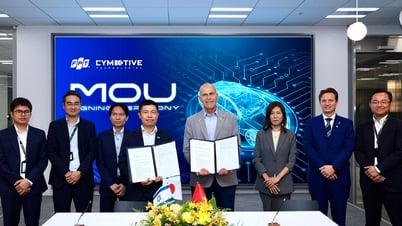


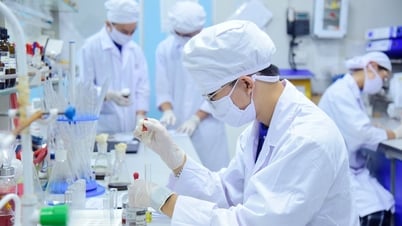



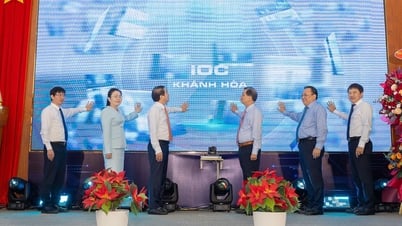








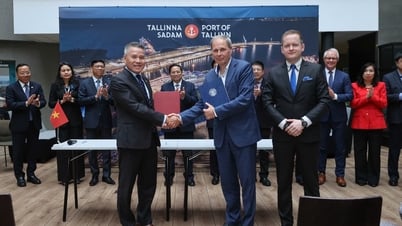



































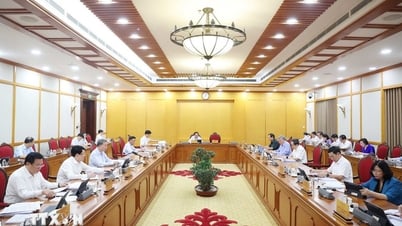












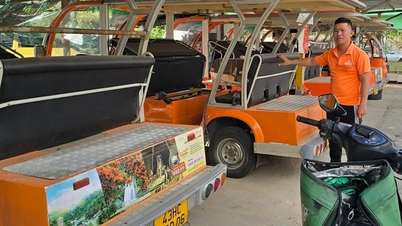

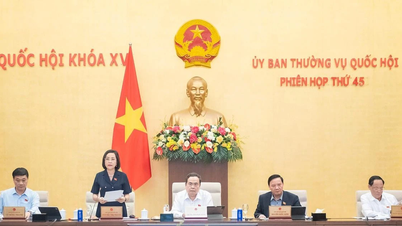

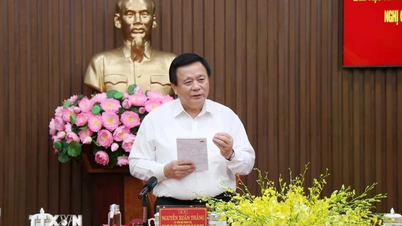

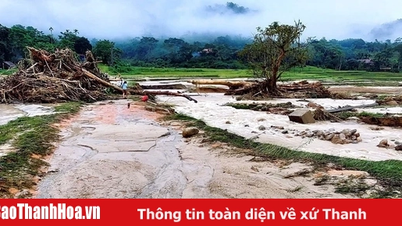











![[OCOP REVIEW] Tu Duyen Syrup - The essence of herbs from the mountains and forests of Nhu Thanh](https://vphoto.vietnam.vn/thumb/402x226/vietnam/resource/IMAGE/2025/6/5/58ca32fce4ec44039e444fbfae7e75ec)






Comment (0)